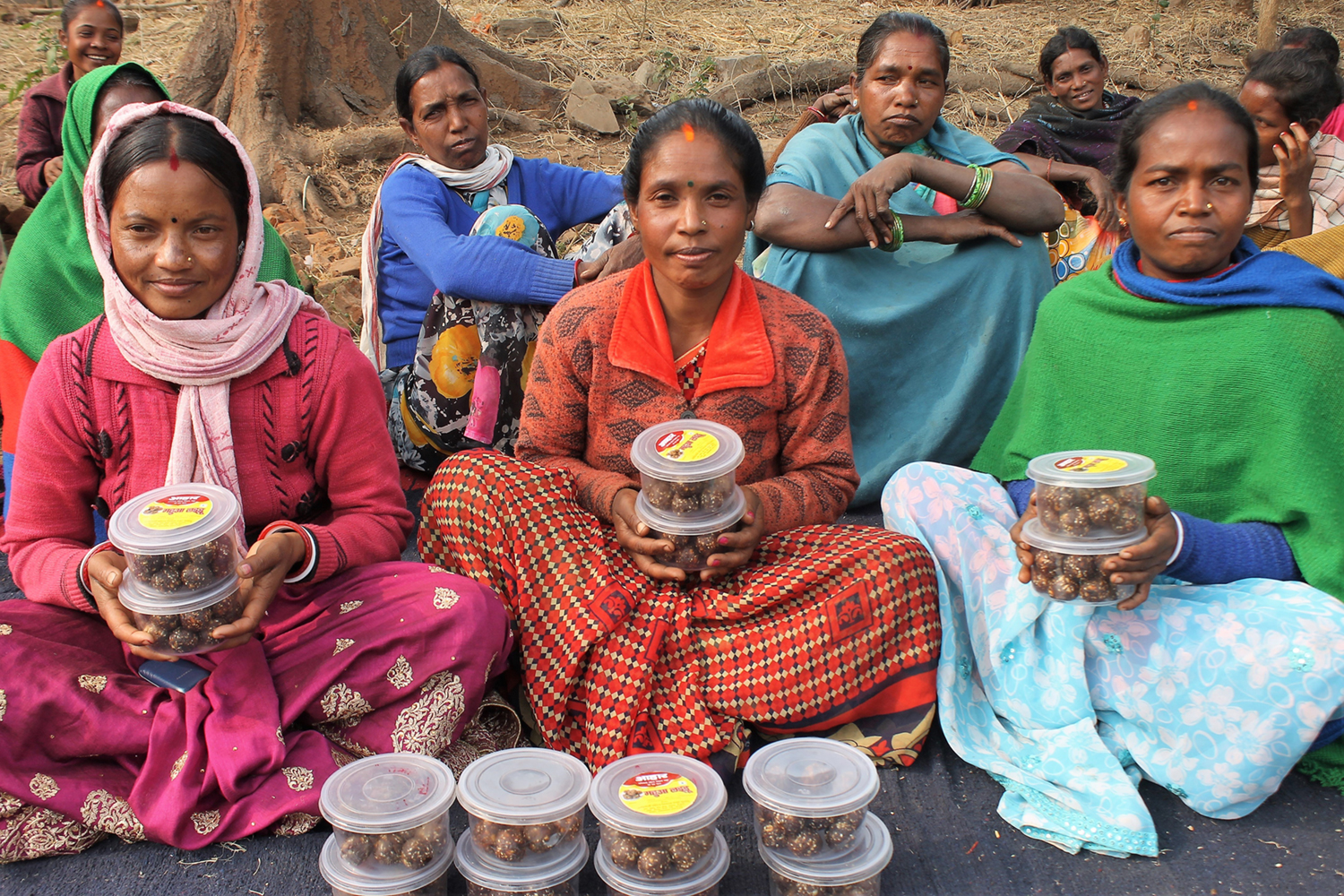Description
Disclaimer: Copyright infringement not intended.
Context:
- The United Nations Food & Agriculture Organization (FAO) has released its 2nd Report on the State of the World Forest Genetic Resources.
- It is revealing a global shortage of high quality tree seeds necessary for reforestation & conservation.
- The report was presented during the 20th meeting of the Commission on Genetic Resources for Food & Agriculture on 26 March 2025 in Rome.
Key Findings:
- Global Tree Seed Shortage:
- Despite efforts, there is an insufficient supply of high quality seeds to meet global reforestation goals.
- Around 70% of countries have tree seed programs. But they are not strong enough to meet the increasing demand.
- 1 billion plants are grown annually. But it is still not enough to address global reforestation needs.
- Challenges to Seed Availability:
- Many countries rely on wild seed collection or imports. But they are usually
- Seed quality is a significant issue as many seeds are not robust enough to withstand climate change, pests, or diseases.
- Climate change exacerbates the problem by affecting tree growth & seed production under stress from higher temperatures & unpredictable rainfall.
- Seed Stand & Orchard Status:
- Currently there are about 83000 seed stands. They cover 7 million hectares & 5800 seed orchards covering 39000 hectares
- Despite these resources a seed shortage persists due to poor quality & insufficient systems for testing & trading seeds internationally.
- Tree-Breeding Programmes:
- Only 1% of tree species are included in breeding programmes. Most of them are in the initial stages of development.
- 75% of surveyed countries have tree breeding programs. But they are progressing too slowly to improve seed quality.
- Asia leads with 185 species under breeding. It is followed by Europe (112 species), Latin America & the Caribbean (108 species), & Africa (86 species).
- Issues with Funding & Expertise:
- Many countries both rich & poor lack the financial resources & expertise to run effective tree seed programs.
- Without urgent investment, it will be difficult to achieve sustainable forest growth & protect global biodiversity.
- Technological & Knowledge Gaps:
- While advanced genetic technologies are being used their application remains low
- Hybrid breeding is common with 34 hybrids But knowledge & resources are still limited in using modern breeding techniques.
Recommendations for Action:
- Urgent Investment:
- Increased funding is needed for research seed storage & the training of new experts to strengthen tree seed programs.
- Improvement of Seed Orchards & Distribution:
- Countries must upgrade seed orchards & develop better seed distribution systems.
- Use of digital tools & genetic research can help to identify the best seeds for conservation & restoration efforts.
- Utilizing Indigenous Knowledge:
- Indigenous knowledge should be incorporated into seed conservation practices to enhance sustainability.
Conclusion:
The FAO report shows the critical need for global cooperation to tackle tree seed shortages & strengthen tree seed programs worldwide. This will require more funding of modern breeding techniques & the integration of indigenous knowledge to ensure successful reforestation & biodiversity conservation efforts in the face of current environmental challenges.
Source: DTE
|
Practice Question
Q. Evaluate the role of tree breeding programs in addressing the global tree seed shortage, based on the FAO's findings. What are the key limitations, and what improvements are needed? 250 words
|










